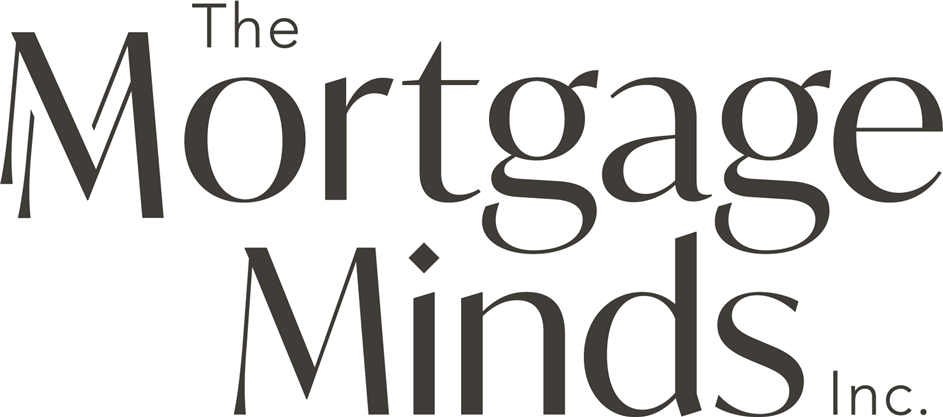
Michelle Lapierre
COVID-19 Mortgage Questions
4/15/2020
COVID-19 is impacting all areas of our lives right now, including mortgages and the current lending environment. This is a summary of the topics where I am seeing the most questions arising.
Is Real Estate Open?
Yes, real estate is still considered an essential service in Alberta and realtors, mortgage lenders, appraisers, and lawyers are allowed to be working right now. And, YES, people are still buying and selling homes right now. Wherever possible our industry members are meeting and working remotely and when in-person work is required, there have been adaptations to make it as safe as possible. Recent changes in real estate include new guidelines for showing homes, the use of "peek-a-boo" viewings by appraisers to avoid entering a home, and electronic signature of any document that does not require a signature in ink (ex. offer to purchase, mortgage commitments, etc.)
Mortgage Deferrals - How Do They Work And Should You Defer?
There has been a lot of confusion on this topic. This was poorly presented in the media and made to sound like this was a federal program that automatically gave a 6-month deferral for anyone with a mortgage. This is NOT the case. While default insurers (CMHC, Canada Guaranty, Genworth) are all working together and supporting this, ultimately it is up to each lender to decide how and if they choose to offer a deferral to a mortgage holder.
How Do Deferrals Work?
For the most part (because this can vary by lender), if you can confirm that you have had financial hardship as a result of COVID-19 (ex. job loss, loss of tenant income) a lender may grant you from 1 to 6 months of deferred mortgage payments. These payments are added onto your mortgage balance at the end of the deferral period, which will increase your payments slightly for the remainder of your mortgage. You are effectively paying interest on your interest for the months you defer because your regular monthly payment that you deferred has an interest component and then gets added on to the mortgage balance and is again charged interest. Its cheaper than any other loan you could get, but it definitely is not free money.
Example: You have a $300,000 mortgage at 2.99% with a 20-year amortization and $1,659.52 monthly payment. If you defer 6 months of payments, your new mortgage balance at the end of the deferral period is 309,957.12 and your new monthly payment is $1,746.83. You will pay $4937 more in interest costs over the remaining 19.5 years than if you paid the mortgage without a deferral. The lower your remaining amortization is, the greater the jump in your payment after the deferral period ends. Lenders can vary on how they do deferrals, but this has been the most common approach.
Should You Defer?
The answer is yes, if you need it. If you had a job loss or income drop and are struggling then this absolutely makes sense to do. If you don't need it, then do not do it as it is adding interest expense to your mortgage unnecessarily. If you do defer, I recommend requesting something in writing and keeping that in your mortgage file in the event they mistakenly report your deferred payment as a late payment to your credit report.
Heads Up - You Can't Switch Your Mortgage While In A Deferral
This is for those with a renewal coming up. If you do request a deferral and that period lands over your maturity date, you will not be able to shop rates and move it to another lender. No new lender wants to take in a mortgage that is currently not being paid per original contract agreement. If your maturity lands after your deferral period ends, as long as your financial hardship has resolved (ex. you have employment again), that prior deferral will not impact your ability to switch to another lender.
Mortgage Rates Are Very Low Right Now, Right?
Yes and no. Historically speaking, rates are still excellent. But, as people have watched the announcements about the Bank of Canada (BOC) dropping their benchmark lending rate, some assume they could get that low of a rate today. Variable and fixed rate mortgages have different drivers, but in both cases the increased risk in this lending environment and liquidity concerns have banks building that risk into the rates they are offering consumers.
Variable
Variable mortgages are sold based on a plus or minus to the lender's prime rate. For example, you may have a variable at prime -0.65%. As the BOC moves their benchmark policy rate, lenders move their prime lending rate accordingly. The BOC has announced 3 rate drops totalling 1.50% since March 4th. Most lenders prime was 3.95% prior to those drops, and their new prime rate today is 2.45%. So, if you are in that prime -0.65% variable your rate just went from 3.3% to 1.8%. But, if you are wanting a new variable mortgage today, they are being sold around prime, so your rate today would be around 2.45%.
Fixed
Fixed rates are generally priced based off bond yields. Bond yields dropped drastically through February and March but federal fiscal stimulus measures, including bond buy-backs, stabilized the market. And with concerns around increasing mortgage defaults and liquidity, it costs more to lend, and that is being passed on to consumers. So, while current bond yields would normally translate to a 2.3% 5-year fixed rate on an insured mortgage, rates are actually sitting around 2.69%. And for conventional mortgages where lenders do not have an insurer protecting them if a consumer defaults, those rates are even more conservative as I write this, sitting around 2.99% for a 5-year fixed. In other words, lenders are way more comfortable when they have a default insurer backing a mortgage and are pricing accordingly.
Are Lenders And Insurers Still Giving Out New Mortgages?
Yes they are. But there are a few things we are seeing right now as they adapt to a very volatile environment:
- less exceptions when lending
- more focus on fallback, or how much money a buyer has in addition to down payment
- higher rates and more limitations on mortgages for rental properties; one lender announced they are no longer lending on rental properties in Alberta at this time, and we may see more lenders follow suit
- bigger gap between rate holds and live offer rates. In other words, lenders are not comfortable being as aggressive on a rate they hold for you for 120 days while you shop as they are on a rate when you have made an offer.
- Income confirmation is more rigorous and may involve a double-check prior to possession or funding day
Contact me if you have any questions about your mortgage and how they are impacted by these changes.




























